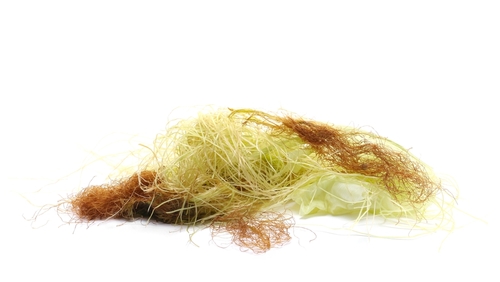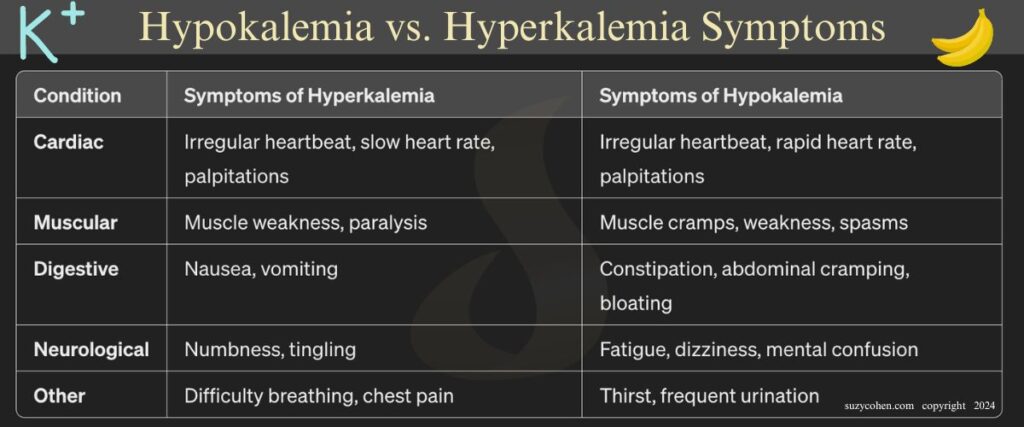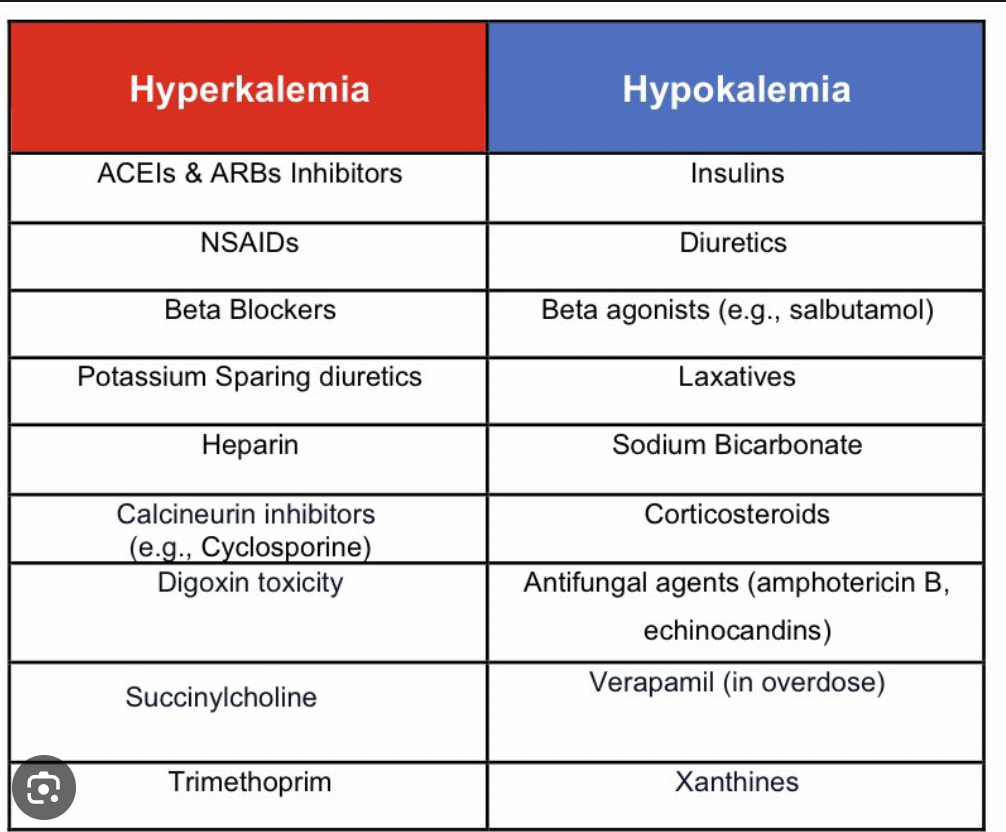What's On This Page?
ToggleIf you’ve ever peeled the husks off fresh corn on the cob, you’ve noticed the corn silk threads too. You probably pull those off before boiling your corn.
Welcome to an exploration of corn silk! This is a traditional herbal remedy derived from the silky tassels inside corn husks and you can buy it as a dietary supplement. This often-overlooked part of corn has been used in various cultures for its medicinal properties, particularly in treating urinary tract infections (UTIs), including cystitis, and for promoting overall bladder health.
Corn silk can be used for hypertension due to its ability to cause diuresis. Why would a doctor want you on a diuretic?
The reason is because they want to reduce fluid volume in the body, and sometimes that’s because you have edema, heart failure, or high blood pressure. There are other reasons too. Furthermore, some physicians want you to take a diuretic for a bladder issues, or cystitis –> whether or not you have high blood pressure. The Mayo Clinic wrote about diuretics HERE.
Did you know that some diuretics that are prescribed to you can cause tinnitus? That’s ringing in the ears. I wrote an article about that HERE. And while I am thinking about it, I want to refer you to another article I wrote which may be of interest after this one, Replenishing 7 Depleted Nutrients from Blood Pressure Medications.
In this article, I will delve into the benefits of corn silk, compare it to prescription diuretics, and offer guidance for you if you’re considering integrating this natural remedy with conventional treatments.
What is Zea Mays?
You may see the words “Zea mays” on your dietary supplement label. It may be confusing because this is NOT an active compound of corn silk, but rather the scientific name for what you know as corn (or maize). This name “zea mays” encompasses the entire plant, including the kernels, leaves, stalks, and silk.

There isn’t one specific active ingredient in corn silk, there are just different kinds of compounds that work together to help reduce fluid volume in the body. See below for the natural constituents of corn silk, and you will be surprised at how many other popular remedies contain the same thing.
Have a fur baby? You may be interested to know that corn silk is sometimes recommended by vets to use in cats or dogs with bladder issues.
I am not educated with animals, so I don’t know about the dosages, so ask a qualified veterinarian if your pet has urine/bladder problems and you want to use corn silk.
5 Benefits of Corn Silk
Corn silk offers several health benefits, particularly for those dealing with urinary and bladder issues:
- Natural Diuretic: Corn silk naturally promotes urine production, which helps flush out toxins and can prevent the buildup of bacteria in the urinary tract.
- Anti-inflammatory Properties: It can reduce inflammation, a common symptom of cystitis and other urinary tract infections.
- Blood Sugar Regulation: Corn silk has been noted to help in regulating blood sugar levels, beneficial for those with diabetes, a common comorbidity with UTIs.
- Rich in Vitamins and Minerals: It contains vitamins and minerals, such as potassium and vitamins B6 and K, which support overall health.
- Safe for Long-term Use: Generally, corn silk is safe for prolonged usage, especially when used as directed and under the supervision of a healthcare provider.
Corn Silk vs. Prescription Diuretics: A Comparison
Similarities
- Diuretic Function: Both corn silk and prescription diuretics help promote the excretion of water from your body, which aids in reducing fluid retention and supports urinary tract functions.
- Usage in Urinary Conditions: They are used to treat conditions that benefit from increased urine flow, such as cystitis and general bladder discomfort.
Differences
- Mechanism of Action: Prescription diuretics, such as loop diuretics or thiazides, actively interfere with sodium absorption in the kidneys. Corn silk works more gently and relies on its natural properties to enhance urine production.
- Side Effects: Prescription diuretics can cause significant side effects like electrolyte imbalance, increased blood sugar levels, and kidney function alteration. Corn silk is typically well-tolerated, with fewer and milder side effects such as mild digestive upset or allergic reactions. Of course, if you consider yourself to be sensitive to medications or supplements, approach with caution and start with the lowest amount.
- Regulatory Status: Prescription diuretics are FDA-regulated and require a prescription, while corn silk is available as an over-the-counter supplement.
Shifts in Potassium from Diuresis
Corn silk, due to its nature and composition, is unlikely to lead to significant disturbances in potassium levels like hyperkalemia (high potassium) or hypokalemia (low potassium) under normal circumstances. I have to emphasize “under normal circumstances” because sometimes there are extenuating circumstances. For example, a person on dialysis should not use this, or someone taking certain prescription anti-hypertensives or diuretics.
But again, the diuretic effect of corn silk is generally mild compared to prescription diuretics, which more frequently cause these issues. Let me go over the considerations for each scenario as best I can – but please ask your own doctor if this is okay for you – even though it is sold over-the-counter at health food stores and online:
Hypokalemia – Low Potassium
- Prescription Diuretics: Strong diuretics, especially loop diuretics (ie furosemide) and thiazide diuretics (ie HCTZ), can cause potassium loss, leading to hypokalemia.
- Corn Silk: As a natural, mild diuretic, corn silk does not typically cause significant potassium loss, not in low or normal doses. Its diuretic effect is much gentler, and it does not specifically target the mechanisms that would lead to substantial potassium excretion.
Hyperkalemia – High Potassium
- Medications and Conditions: Certain conditions (like renal failure) and potassium-sparing diuretics (ie spironolactone) can lead to hyperkalemia.
- Corn Silk: It is not associated with causing hyperkalemia since it does not interfere with potassium excretion or significantly increase potassium absorption.

General Guidelines
Under normal usage, corn silk should not cause noticeable shifts in potassium levels. However, excessive consumption of any diuretic, natural or prescription will influence electrolyte balances, including potassium. Individuals with kidney issues, those of you taking potassium-affecting medications, or people who need monitoring of electrolyte levels should either avoid corn silk, or take it under medical supervision.
My Tips for Safe Usage
Monitor for Over-Diuresis: Using both (medications and corn silk) could potentially enhance diuretic effects excessively, leading to dehydration or electrolyte imbalances. Be aware that there could be interactions, or enhanced effect so consult with a healthcare practitioner or your local pharmacist to ensure there are no problems that could impact your electrolytes. I think I’d avoid it completely if you have kidney disease, diabetes or pre-diabetes (unless your doctor approves).
Wondering How They Harvest It?
If you’re into farming corn, or just curious this is a pretty good outline of how they make this dietary supplement (which I don’t sell – shop online or at a local health food store):
- Timing: Corn silk is harvested when the corn kernels are developing and not completely mature. This timing is crucial because ‘the silk’ is at its highest nutritional value and pharmacological potency.
- Collection Method: You’ve done this yourself if you buy fresh corn. Harvesting corn silk involves carefully removing that green outer husk of the corn without damaging the silk. The silk is then gently pulled away from the cob. This is usually done by hand.
- Drying: The corn silk is cleaned and spread out to dry in a thin layer, away from direct sunlight to preserve its medicinal properties. The drying process is important as it prevents the growth of mold and prepares the silk for storage or processing.
- Processing: Once dried, corn silk can be chopped or powdered, depending on its intended use. Manufacturers can take the clean powdered corn silk and create teas or capsule supplements.
How Exactly Does it Work?
There isn’t just one single compound that causes the diuretic effect, it’s a combination of various compounds that you’ve heard of before. Some of these include:
- Flavonoids: These are antioxidants that are a diverse group of phytonutrients (plant chemicals) found in almost all fruits and vegetables. They fight oxidative stress and reducing inflammation in the body. Some popular examples include quercetin (found in apples, grapes and onions), and kaempferol (found in crucifer vegetables like kale, and chamomile). Here’s a delicious kaempferol SMOOTHIE recipe.
- Saponins: These promote the diuretic and immune-boosting effects of vegetables. You may have heard of diosgenin (found in fenugreek) which helps stimulate milk production. Soybeans also have a saponin called soyasaponin.
- Allantoin: Known for its healing and soothing properties, comfrey herb contains this constituent, as does snail mucin. Sounds freaky doesn’t it? Snail mucin is kind of popular in skincare 😳 especially in K-beauty products, and snail mucin contains some allantoin. It is used for its regenerative and healing properties. If you’re interested in skin care products that DON’T have snail stuff in them, lol, please CHECK OUT MY AWESOME BEAUTY LINE!
- Mucilage: A soluble biber that soothes the urinary tract lining. Mucilage is a gelatinous substance produced by plants that are rich in polysaccharides. It’s known for its soothing effect on the mucous membranes of the body, including those lining the digestive and urinary tracts.Popular examples are flaxseeds, and slippery elm. The inner bark of the slippery elm tree is rich in mucilage and is used to soothe the digestive tract and relieve coughs and sore throats. I mentioned slippery elm in my article, 6 Incredible, Fast-Acting Sore Throat Remedies.
Each of these 4 compounds contribute uniquely to the health-promoting properties of corn silk (and other plants/foods) containing them. While these components provide beneficial effects, they do not function in the same way as thiazide diuretics, which work by inhibiting sodium and chloride reabsorption in the kidney tubules. Corn silk’s diuretic effect is more gentle and non-specific, primarily increasing the volume of urine excreted without the significant electrolyte shifts seen with thiazides.
List of Medications that Cause Hypokalemia or Hyperkalemia

Summary
Corn silk offers a natural, effective option for supporting bladder health and treating conditions like cystitis. While it shares some functional similarities with prescription diuretics, it also stands out for its safety profile and holistic benefits. However, integrating corn silk into a treatment plan, especially alongside prescription medications, should be done thoughtfully and ideally under the guidance of a healthcare professional. This ensures not only the efficacy of the treatment but also the safety of the individual.
Always prioritize professional medical advice and consider the unique aspects of your health condition when choosing treatment options. Whether you opt for traditional remedies like corn silk or conventional treatments, the goal is optimal health through informed and mindful choices.

Suzy Cohen, has been a licensed pharmacist for over 30 years and believes the best approach to chronic illness is a combination of natural medicine and conventional. She founded her own dietary supplement company specializing in custom-formulas, some of which have patents. With a special focus on functional medicine, thyroid health and drug nutrient depletion, Suzy is the author of several related books including Thyroid Healthy, Drug Muggers, Diabetes Without Drugs, and a nationally syndicated column.


